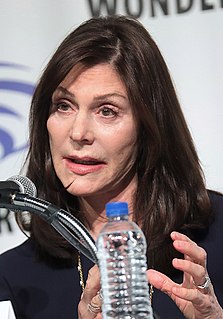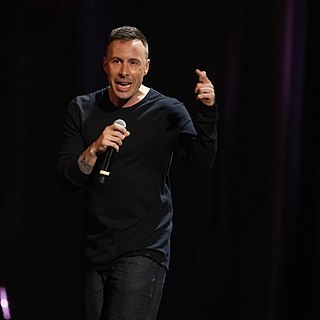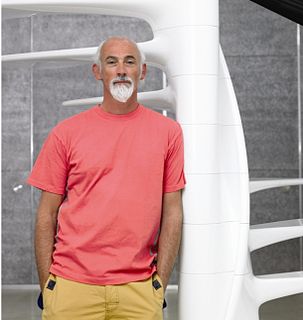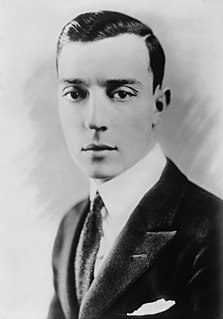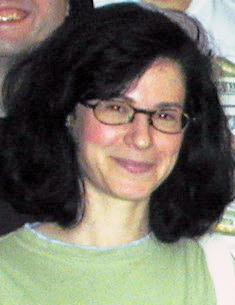A Quote by Hannah Fry
Because for me, equations and symbols aren't just a thing. They're a voice that speaks out about the incredible richness of nature and the startling simplicity in the patterns that twist and turn and warp and evolve all around us, from how the world works to how we behave.
Related Quotes
The power of equations lies in the philosophically difficult correspondence between mathematics, a collective creation of human minds, and an external physical reality. Equations model deep patterns in the outside world. By learning to value equations, and to read the stories they tell, we can uncover vital features of the world around us.
Science fiction isn’t just thinking about the world out there. It’s also thinking about how that world might be—a particularly important exercise for those who are oppressed, because if they’re going to change the world we live in, they—and all of us—have to be able to think about a world that works differently.
Science fiction isn't just thinking about the world out there. It's also thinking about how that world might be - a particularly important exercise for those who are oppressed, because if they're going to change the world we live in, they - and all of us - have to be able to think about a world that works differently.
If you think about work, it's just this endlessly fascinating subject. We spend at least half of our waking hours working. So it becomes this incredible window into a whole variety of things: who we are human beings, how the economy works, how people relate to each other, how stuff is made, how the world spins on its axis.
I now want to tell three stories about advances in twentieth-century physics. A curious fact emerges in these tales: time and again physicists have been guided by their sense of beauty not only in developing new theories but even in judging the validity of physical theories once they are developed. Simplicity is part of what I mean by beauty, but it is a simplicity of ideas, not simplicity of a mechanical sort that can be measured by counting equations or symbols.
The world is a thing of utter inordinate complexity and richness and strangeness that is absolutely awesome. I mean the idea that such complexity can arise not only out of such simplicity, but probably absolutely out of nothing, is the most fabulous extraordinary idea. And once you get some kind of inkling of how that might have happened ' it's just wonderful. And . . . the opportunity to spend 70 or 80 years of your life in such a universe is time well spent as far as I am concerned.
The first thing I did in the studio was to want to tear that camera to pieces. I had to know how that film got into the cutting room, what you did to it in there, how you projected it, how you finally got the picture together, how you made things match. The technical part of pictures is what interested me. Material was the last thing in the world I thought about. You only had to turn me loose on the set and I`d have material in two minutes, because I`d been doing it all my life.
What is striking is these things [patterns in nature, e.g. fish stripes] do look like something that has been crafted. We are conditioned to think that a pattern needs a patterner and so at first glance it seems incredible to us that nature is able to do this, without any sort of blueprint, without any sort of plan. These patterns organise themselves, that is the amazing thing.
How do I do that preparation [for film]? Just an immersion. I have a musician's, I guess, ear for the sound of the voice but it's also important to me, in the case of [playing] someone who is controversial, to get the outlines of the character right because how they present themselves to the world has a great deal to do with how people feel about them.
"Facilitate my thinking" means thinking about who I am as a human being in relation to the world around me. It's how I position myself, how I navigate through this world. That to me is thinking. It is also exhausting to constantly be making art that in some ways responds to the conditions of the world around you. I gave myself permission to turn all of that off, and to lose myself in work.
The job of the linguist, like that of the biologist or the botanist, is not to tell us how nature should behave, or what its creations should look like, but to describe those creations in all their messy glory and try to figure out what they can teach us about life, the world, and, especially in the case of linguistics, the workings of the human mind.


